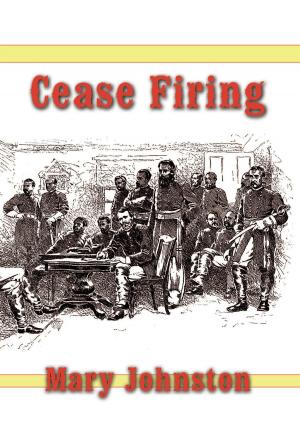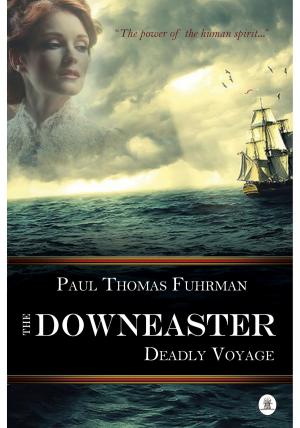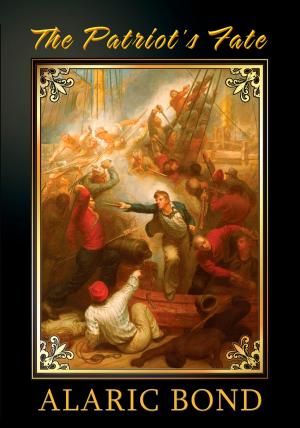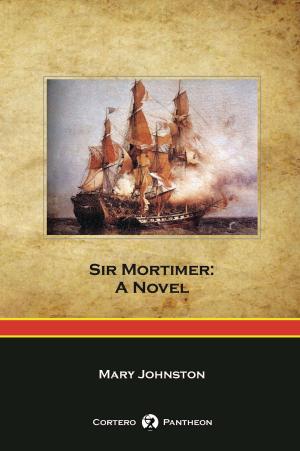| Author: | Tom Grundner | ISBN: | 9781611791556 |
| Publisher: | Fireship Press | Publication: | December 15, 2009 |
| Imprint: | Language: | English |
| Author: | Tom Grundner |
| ISBN: | 9781611791556 |
| Publisher: | Fireship Press |
| Publication: | December 15, 2009 |
| Imprint: | |
| Language: | English |
Nelson has defeated the French fleet at the Battle of the Nile, and Bonaparte is trapped in Egypt. Unfortunately, Bonaparte doesn’t see it that way, and that fact brings into conflict three of the most significant figures of the day.
Napoleon’s army might not be able to go anywhere by sea, but they can still march. He leads them from Egypt through Syria toward Constantinople. From there he can go west and enter Europe through the backdoor, or go east, and conquer India. Either way, it would be a disaster for Britain. The only thing standing in his way is a small coastal city called Acre.
Sir Sidney Smith is given command of every British warship in the eastern Mediterranean—all of two third-rate ships of the line. He moves his minuscule forces to Acre to head off Bonaparte. What he finds is a nearly indefensible city, ruled by a bloodthirsty tyrant named Jezzar Pasha. With those two ships and a half-crazy ruler, he must defeat Napoleon on land—something that no European general has ever done.
After the Battle of the Nile, Nelson retires to Naples where he finds rest, adulation, and Emma Hamilton, the woman who would become his lover. However, French forces have captured the city causing the King and Queen of Naples to flee to Sicily. When the French are finally driven out, Nelson must secure the peace; but he does so by canceling a surrender agreement, tricking the Jacobin supporters into coming out of hiding, and then standing by while they are slaughtered.
Acre sets a dizzying pace, sweeping the reader from Smith, to Napoleon, to Nelson—over and over—until you are almost intoxicated. It is perhaps the best book ever done about this little known, but extremely important, chapter in world history.
Nelson has defeated the French fleet at the Battle of the Nile, and Bonaparte is trapped in Egypt. Unfortunately, Bonaparte doesn’t see it that way, and that fact brings into conflict three of the most significant figures of the day.
Napoleon’s army might not be able to go anywhere by sea, but they can still march. He leads them from Egypt through Syria toward Constantinople. From there he can go west and enter Europe through the backdoor, or go east, and conquer India. Either way, it would be a disaster for Britain. The only thing standing in his way is a small coastal city called Acre.
Sir Sidney Smith is given command of every British warship in the eastern Mediterranean—all of two third-rate ships of the line. He moves his minuscule forces to Acre to head off Bonaparte. What he finds is a nearly indefensible city, ruled by a bloodthirsty tyrant named Jezzar Pasha. With those two ships and a half-crazy ruler, he must defeat Napoleon on land—something that no European general has ever done.
After the Battle of the Nile, Nelson retires to Naples where he finds rest, adulation, and Emma Hamilton, the woman who would become his lover. However, French forces have captured the city causing the King and Queen of Naples to flee to Sicily. When the French are finally driven out, Nelson must secure the peace; but he does so by canceling a surrender agreement, tricking the Jacobin supporters into coming out of hiding, and then standing by while they are slaughtered.
Acre sets a dizzying pace, sweeping the reader from Smith, to Napoleon, to Nelson—over and over—until you are almost intoxicated. It is perhaps the best book ever done about this little known, but extremely important, chapter in world history.

![Cover of the book WITH WOLFE IN CANADA: The Winning of a Continent [Annotated] by Tom Grundner](https://www.kuoky.com/images/2009/december/300x300/9781611791815-HSna_300x.jpg)










![Cover of the book UNDER DRAKE’S FLAG: A Tale of the Spanish Main [Annotated] by Tom Grundner](https://www.kuoky.com/images/2009/december/300x300/9781611791839-SQcq_300x.jpg)


